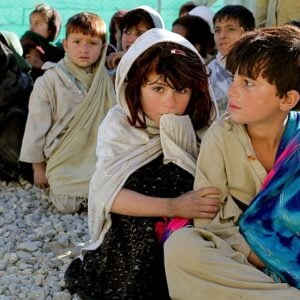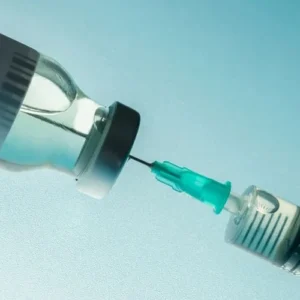Delegates from around the world gathered at the 2025 World Health Summit in Berlin as the Reaching Every Child in Humanitarian Settings (REACH) consortium announced it has administered over 20 million vaccine doses to children in humanitarian and conflict-affected areas, including Chad, Ethiopia, Somalia, Nigeria, South Sudan, and Sudan. Funded by Gavi, the Vaccine Alliance, and led by the International Rescue Committee (IRC) in collaboration with local civil society organizations, REACH targets children in regions where government health systems are unable to provide immunization safely and effectively.
Despite global progress in vaccination, 14.3 million children remain unvaccinated, most residing in fragile or conflict-affected settings. To address this challenge, Gavi launched its ZIP Humanitarian Partnerships in 2022, directly partnering with humanitarian organizations to deliver vaccines to communities that have gone without immunization for years. REACH leverages specialized humanitarian models and the IRC’s expertise to overcome complex barriers, ensuring children in even the most inaccessible areas receive the full national vaccine schedule.
Through community-based and context-adapted strategies, REACH now delivers over 1 million vaccine doses each month. The programme has successfully reduced the average delivery cost per dose from US$ 3.75 in its first year to around US$ 2 by September 2025, increasing affordability and impact in fragile settings. Thabani Maphosa, Chief Country Delivery Officer at Gavi, emphasized that REACH closes the gap in delivering immunization as part of humanitarian response, making vaccines accessible in areas beyond government reach.
Reaching children in conflict-affected communities is critical not only for local health but also for global efforts to prevent the resurgence of vaccine-preventable diseases. Without sustained immunization, outbreaks are more likely, posing risks to regional and global health security. Mesfin Teklu Tessema, Senior Director of Health at the IRC, highlighted that equitable vaccination is both cost-effective and essential, preventing disease outbreaks that cost the world an estimated US$ 60 billion annually.
Since its launch in 2022, REACH has expanded access from just 16% of target communities to 100%, using flexible delivery models such as mobile clinics, community outreach, geospatial mapping, and portable vaccine carriers. By coordinating with Ministries of Health, the consortium ensures services can be transitioned back to government-led delivery when conditions allow.
Building on lessons from ZIP, Gavi will intensify its efforts in 2026 to integrate immunization systematically into humanitarian responses. Through its Fragile & Humanitarian approach, Gavi aims to extend vaccine coverage for children under five, strengthen delivery in under-served and conflict-affected areas, and deepen partnerships with humanitarian organizations. These efforts reaffirm Gavi’s commitment to sustaining immunization in fragile contexts and ensuring that no child is left behind due to conflict or crisis.







